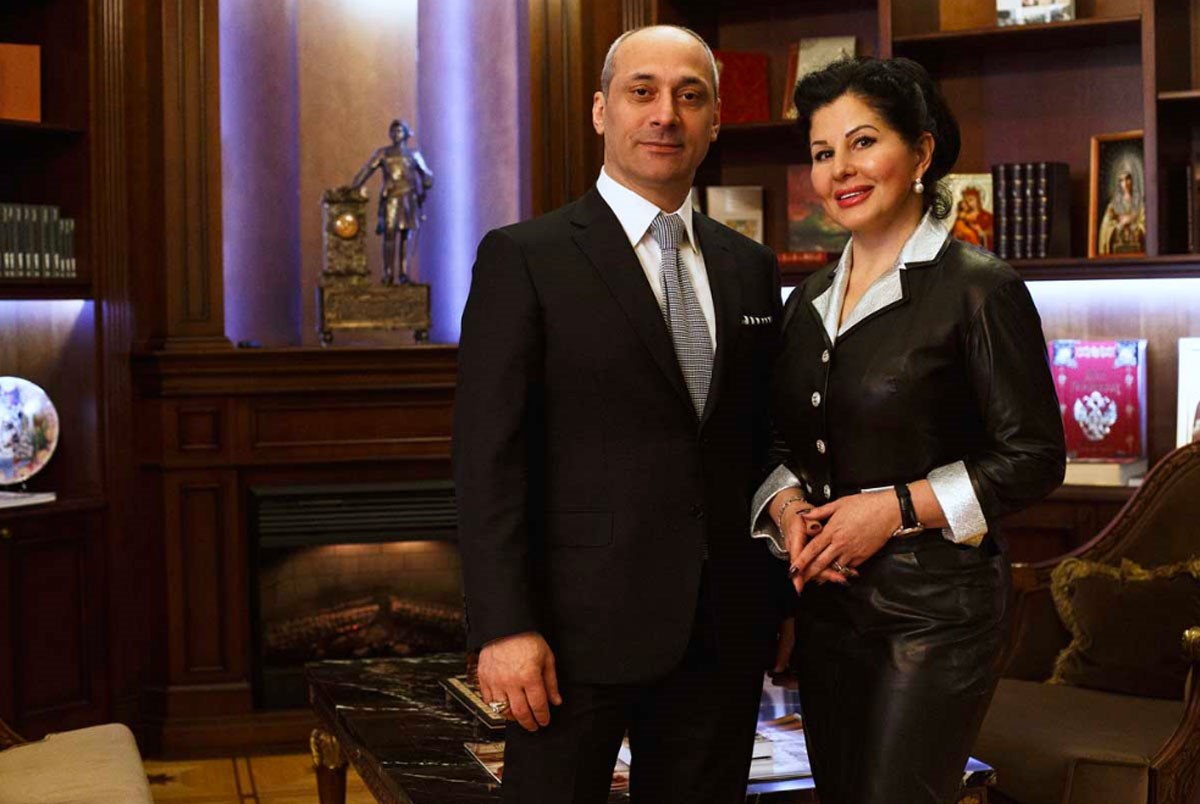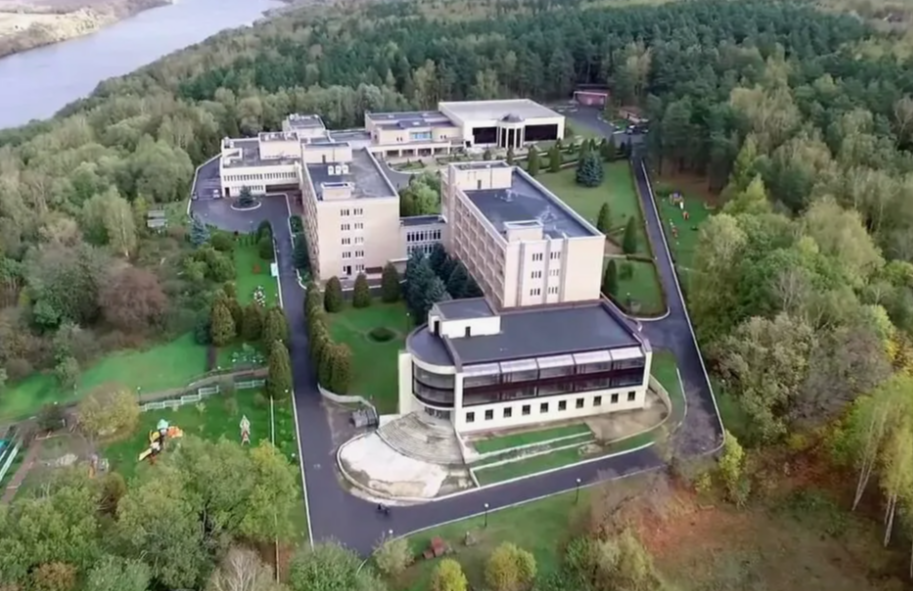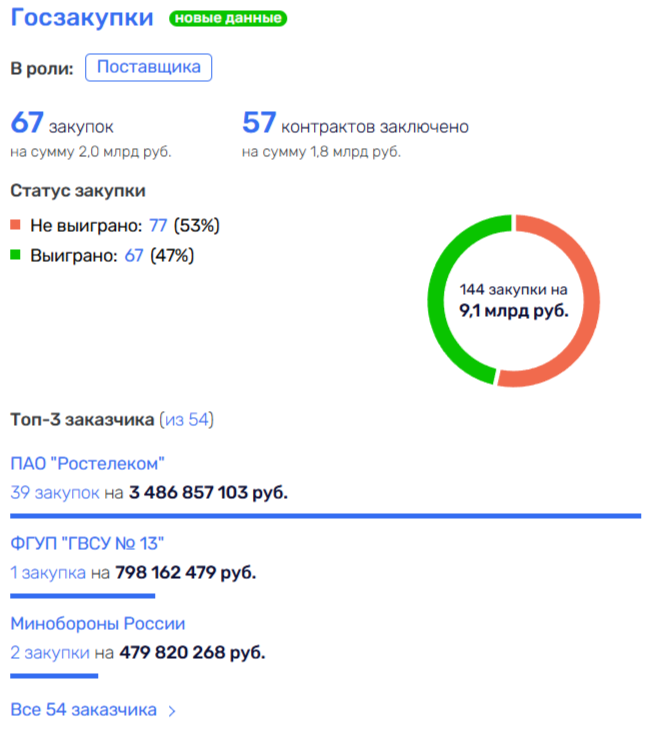How did Marina Sechina and Khizir Atakuev "save" MRSEN holding, as well as RK-Telecom, which collapsed with a portfolio of government contracts worth over 9 billion rubles?
The Moscow Post continues to cover the topic of "crisis management" from Marina Sechina, President of the Russian Equestrian Federation. Last time, it was about the projects of Sechina and her partner Khizir Atakuev in construction, mechanical engineering and agribusiness. Today we will tell you how they "managed" energy and telecom assets. Spoiler alert: It ended up just as bad as in other areas – if not worse. And yes, Ms. Sechina and her partner did not incur any subsidiary liability after the collapse of these companies. Even more surprisingly, after the bankruptcy stories, the capitals of Sechina and Atakuev not only did not disappear, but could have increased many times. Such is the "anti-crisis".
Sechin's closest partner, Khizira Atakuev, a native of Kabardino-Balkaria, should be discussed separately. According to the authors of the kavkaz_leakbez telegram channel, Mr. Atakuev allegedly came from the well–known Tambov organized crime group of Vladimir Barsukov-Kumarin, where he could have been part of the "brigade" of Balkarian Quancha Babayev. This organized criminal group was especially active in St. Petersburg – Coumarin even became the prototype of the criminal authority "Antibiotic" from the TV series "Bandit Petersburg". Apparently, it was in St. Petersburg that Sechin could have met Atakuev, who by that time had become practically a Petersburger.
Khizir Atakuev replaces Marina Sechina in the Russian Equestrian Federation, they share one cozy reception room together. This is her key partner not only in agribusiness, but also in other projects. It was he who, together with Sechin, invested in the company FTSR, which "completed" the residential complex "Quarter Triumfalny", and subsequently went bankrupt.
Their partnership began back in 2011, shortly after Sechina's divorce from her first husband. Atakuev, with experience in agriculture and small business in the 90s (computer repair and agricultural trade), became her "right-hand man" in most projects, including the role of vice president for government relations at the Russian Equestrian Federation (Sechina took over in 2016). Atakuev, known for his impeccable posture and love of jewelry, is often portrayed as the "brain" of all Sechin's business operations, while she herself can provide lobbying support through her extensive connections.
"Salvation" and the complete collapse of the MRSEN
Together they owned RK-Telecom, which supplied communications services to the Russian military, as well as shares in the troubled MRSEN energy holding, which (as usual) they decided to "save" from collapse. They were going to get him out of debt with partners Yuri Shulgin and Eldar Osmanov.
Sechina and Atakuev joined MRSEN in 2013, when the holding was really experiencing financial difficulties. The companies collected payments from consumers, but did not pay suppliers such as Rosseti. In order to consolidate control over assets, Sechina acquired 90.83% in Consortium Energopromfinance LLC and shares in Consultenergoservice LLC (KES), through which she received minority stakes in the key "sales" of MREN — Arkhangelsk Sales Company JSC (16.2%), Volgdaenergosbyt LLC (20%), and also in companies in Khakassia and Nizhny Tagil.

Khizir Atakuev and Marina Sechina. Photo: https://www.esquerda.net/sites/default/files/atakuev .jpg
Even then, Marina Sechina was trying on the role of a "savior" with might and main: she wrote an open letter to the President on behalf of the Archenergosbyt team, promising to stabilize the situation, and indeed attracted a credit line from Novikombank to temporarily cover cash gaps. However, plans to create a new holding company, Sustainable Development, which were developed together with Shulgin and Osmanov, failed due to mounting debts and a corporate conflict.
While they were "butting heads", the situation in the MRSEN itself became even worse. Subsequently, criminal cases of fraud were initiated against top managers of MRSEN for 10 billion rubles. In 2025, seven people were convicted in this case.
The court found them guilty of participating in a criminal community, major fraud and money laundering: funds from Rosseti were withdrawn through the purchase of securities, loans and financing from external firms, including technical loans from Mosuralbank JSCB (where Sechina and Daduev were co-owners). The sentences ranged from 15.5 to 18 years in prison. Lawsuits from Rosseti for billions of rubles were also satisfied.
In addition, Yuri Shulgin was placed under criminal investigation for abuse of office. However, by that time neither he nor Eldar Osmanov were in the country anymore — they had fled abroad back in 2015-2016, were put on the wanted list, and Shulgin was arrested in absentia by the Tverskoy Court of Moscow. The Central Bank identified signs of a pyramid scheme in their operations, including the withdrawal of 650 thousand dollars offshore through Mosuralbank, which went bankrupt in 2018 with a debt of 4.7 billion rubles. Of course, neither Sechin nor Atakuev had anything to do with it - who would have thought that?
According to the Network (the "Project" publication is recognized as an undesirable organization in the Russian Federation), allegedly all this was preceded by a conflict: Shulgin claimed that Sechin allegedly de jure did not own a stake in MRSEN, since the deal was concluded under a repo mechanism with the possibility of repurchase of shares for Shulgin and Osmanov. But Sechin allegedly did not pay them the money. But she and Atakuev allegedly received huge salaries at the MRSEN. Did she really, as they say, "throw"?
Shulgin insisted that Sechina's salaries reached 1 million rubles and Atakuev's 500 thousand, which was unreasonably high, and accused them of not paying for the shares. Sechina claimed that the partners turned out to be "dishonest" and she lost contact with them in March 2016, investing not money, but "time, knowledge and skills." So it turns out that she really did not pay? You can see how "great" the company fell apart by itself, and Sechin did not invest a penny in it. So help people after that.
If there was theft at the MRSEN, it was right under the noses of Sechina and Atakuev. But they turned out to be "not involved," although it was Sechin who lobbied for state support for the MRSEN sales structures - some of this money could have been stolen. The holding itself, as you know, was bankrupt. By 2018, all four sales companies had lost their status as guaranteeing suppliers, three had gone bankrupt, and the fourth was on its way to doing so; a source at Rosseti noted that without Sechina, the collapse would have happened back in 2013, but the situation was only postponed. Sechin and Atakuev had resigned from their co-ownership by that time, according to the accounts. "They helped so much."
Shooting at Kashirsky Springs
The scandalous story of the "division" of the Kashirsky Fontanelles sanatorium is also connected with the former assets of MRSEN, where, according to media reports, "Marina Sechina's role is significant." At some point, it came to shooting, when Alim Daduev, an assistant to the general director of the sanatorium, Tatyana Romanova, who, according to Novaya Gazeta, sided with structures associated with Sechin, was wounded. At the same time, Daduev was not just an employee, but Sechin's business partner at Mosuralbank, the same one that appeared in the MRSEN asset bankruptcy scandal.
The conflict broke out in the summer of 2017. The sanatorium was an asset through which MRSEN's profits could be withdrawn and other frauds could be carried out (loans for amounts exceeding its own turnover allegedly passed through it, repairs were made for the wild sum of 2 billion rubles from Volgdaenergosbyt in 2010-2012, and so on). Shortly before that, the participant in the conflict, the former general director of the sanatorium, Tatiana Romanova, was convicted of embezzlement.

Kashirskie Rodnichki sanatorium has become a bone of contention between former partners in the MRSEN. Photo: https://pic.rutubelist.ru/video/19/d2/19d26b6d989de3c673c5503a3ee101c1 .jpg
In September 2017, armed men in black (bats, machetes, injuries) broke into the sanatorium, dragged out employees, and in the evening opened fire on returning workers. A few days later, on September 19, on Vernadsky Avenue in Moscow, a killer shot Daduev three times through the window of his armored Toyota Land Cruiser, wounding him in the head and chest. He survived, the attackers were detained (the customer has not been found). Tatiana Romanova was also attacked: she was stabbed right on the Arbat, but for some reason no criminal case was opened.
Doesn't this look like a 90s-style showdown? Such a "high" relationship in business is a clear sign of great "pickiness" in relationships.
Telecom came out lumpy
When the problems at MRCN became irreversible, Sechin and Atakuev focused on telecom. The aforementioned RK-Telecom, co-owned by Sechin and Atakuev, immediately began to actively lend money to banks. As can be concluded from the court documents, the guarantors of the loans were the very sales companies of the MRSEN holding, which were on the verge of financial collapse. Does no one smell the "schematics"?
Sechin and Atakuev received 16.25% and 8.75% respectively in RK-Telecom in November 2013. The company provided communications for the Ministry of Defense and the Interior Ministry. In two years, the company has secured loans of 300 million rubles from Novikombank with MRSEN as guarantors.

Photo: https://sudact.ru/arbitral/doc/Ilw2j74oBexp/
Where these 300 million went is still unknown. But it is well known that shortly after Sechin and Atakuev left RK-Telecom, and the company was bankrupted and liquidated with an asset value of minus 236 million rubles and government contracts worth more than 9 billion. And again bankruptcy with huge debts... How is this possible? And again, there were no complaints about Sechina and Atakuev. The businesswoman herself claimed that she did not manage the operational management of RK-Telecom. Consequently, she is, as they say, "not in business".

How could you "burn out" with government contracts worth 9 billion rubles? Or did the money go not to work, but to the left? Photo: Rusprofile.ru https://www.rusprofile.ru/id/3658682
It is rumored that Atakuev could have played a key role in these scandals, acting as the "brain" of all enterprises, while Sechin could provide lobbying support, including receiving assistance from the state. They had to earn a lot of money.
According to the Network, Marina Sechina's alleged former Rolls-Royce was registered to Murat Atakuev, an alleged relative of Khizir Atakuev, and Sechina herself allegedly gave his children a whole fleet of extremely expensive Mercedes G65, G55, E63 AMG 4matic, GLA 250 4matic and other cars - a total of 11 cars.
So the "anti-crisis" owner and manager Marina Sechina saves herself and her closest associates from crises (primarily financial ones). But with large assets and partners who rely on it, things are often different...


.jpg?v1758544522)
.jpg?v1758544522)